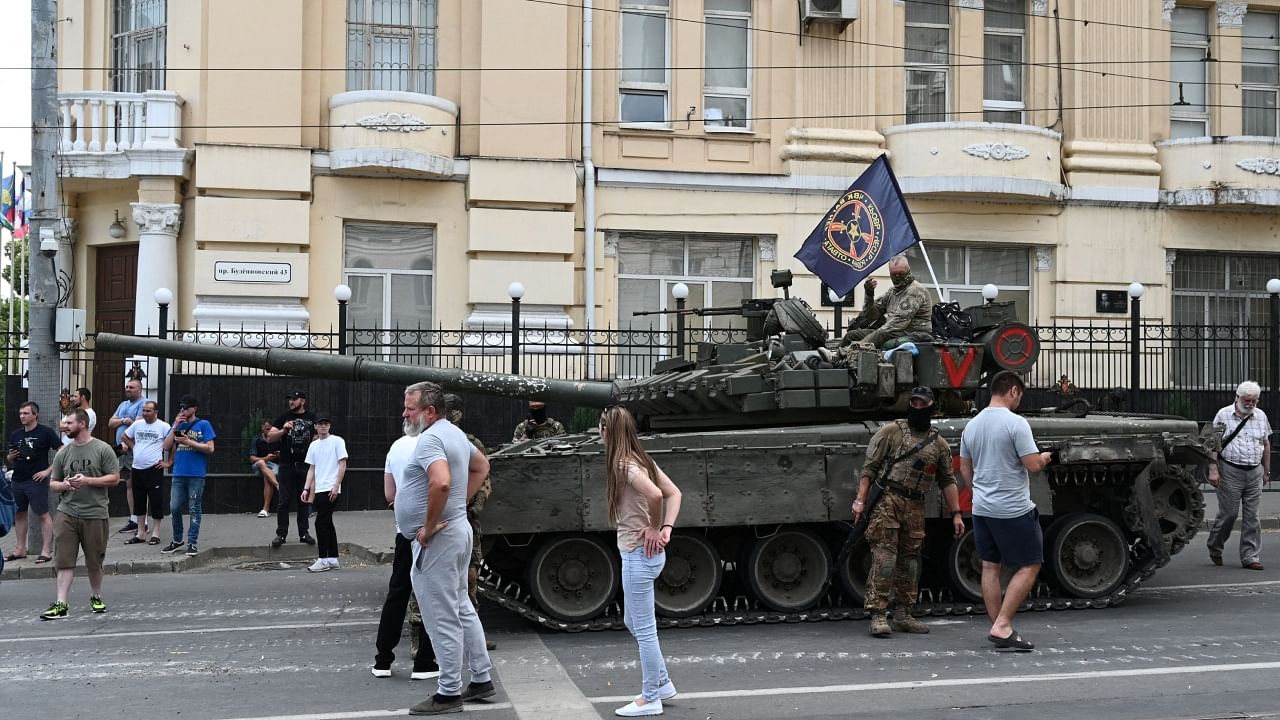
Governments in Europe on Saturday were keeping a close eye on the situation in Russia as the rebellion led by the mercenary tycoon Yevgeny Prigozhin in the south of the country not only posed a threat to Russian President Vladimir Putin, but also added to the tense instability in the region resulting from Russia’s war in Ukraine.
For his part, the European Council president, Charles Michel, described the events as “an internal Russian issue,” but said that Europe was closely monitoring the developments. The insurgency has the potential to affect the war in Ukraine, as well as broader European diplomacy.
In France, the office of President Emmanuel Macron — who has most persistently referred to the inevitability of negotiation with Putin’s Russia, but who has also fostered closer ties with President Volodymyr Zelenskyy of Ukraine in recent months — said it, too, was watching. It also said that “we remain focused on our support for Ukraine.”
In Germany, which recently announced a big aid package for Ukraine, Foreign Minister Annalena Baerbock said that government officials were in contact with international partners and had been “closely” watching the situation. German nationals in Russia, she said, should follow travel and safety advice.
Baerbock’s counterpart in Latvia, Edgars Rinkevics, also said that his country was monitoring developments and in touch with allies. He said that “border security has been strengthened” that “visa or border entry from Russians leaving Russia due to current events won’t be considered,” but that there was “no direct threat to Latvia at this time.”
And in Poland, which borders Ukraine and has been among the most outspoken European critics of the Kremlin’s war, President Andrzej Duda said he had held consultations with Prime Minister Mateusz Morawiecki and the Polish defense ministry “in connection with the situation in Russia.”
“The course of events beyond our eastern border is monitored on an ongoing basis,” Duda said on Twitter.
Since Russia began its full-scale invasion of Ukraine in February 2022, European governments have thrown their weight into supporting the government in Kyiv, imposing successive rounds of sanctions on Moscow, blocking Russian energy imports, providing Ukraine with billions of euros in military aid, and taking in millions of refugees fleeing the fighting.
On Saturday, Britain’s defense intelligence agency described the rebellion in Russia as the “most significant challenge to the Russian state in recent times.”
“Over the coming hours,” it said, “the loyalty of Russia’s security forces, and especially the Russian National Guard, will be key to how the crisis plays out.”